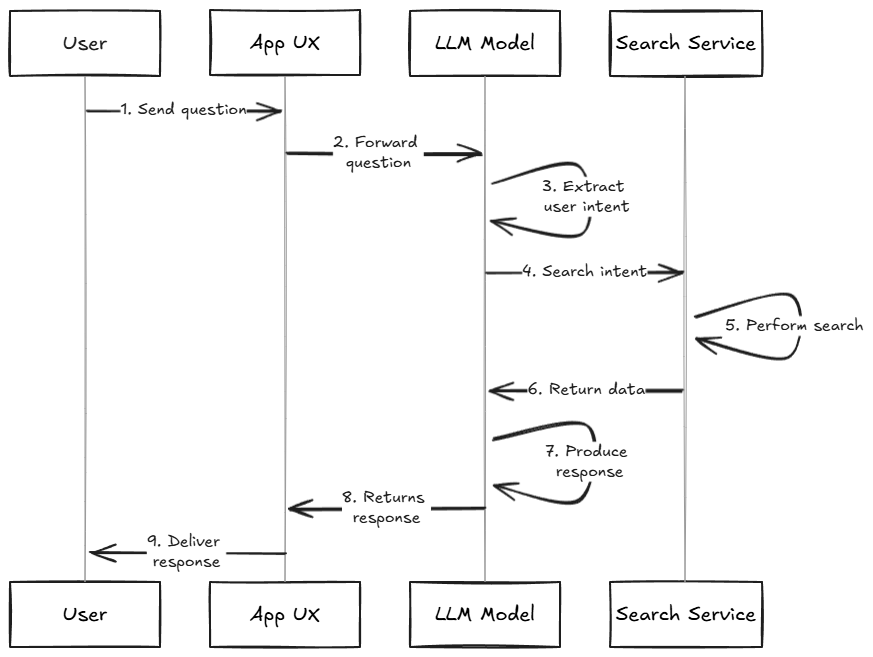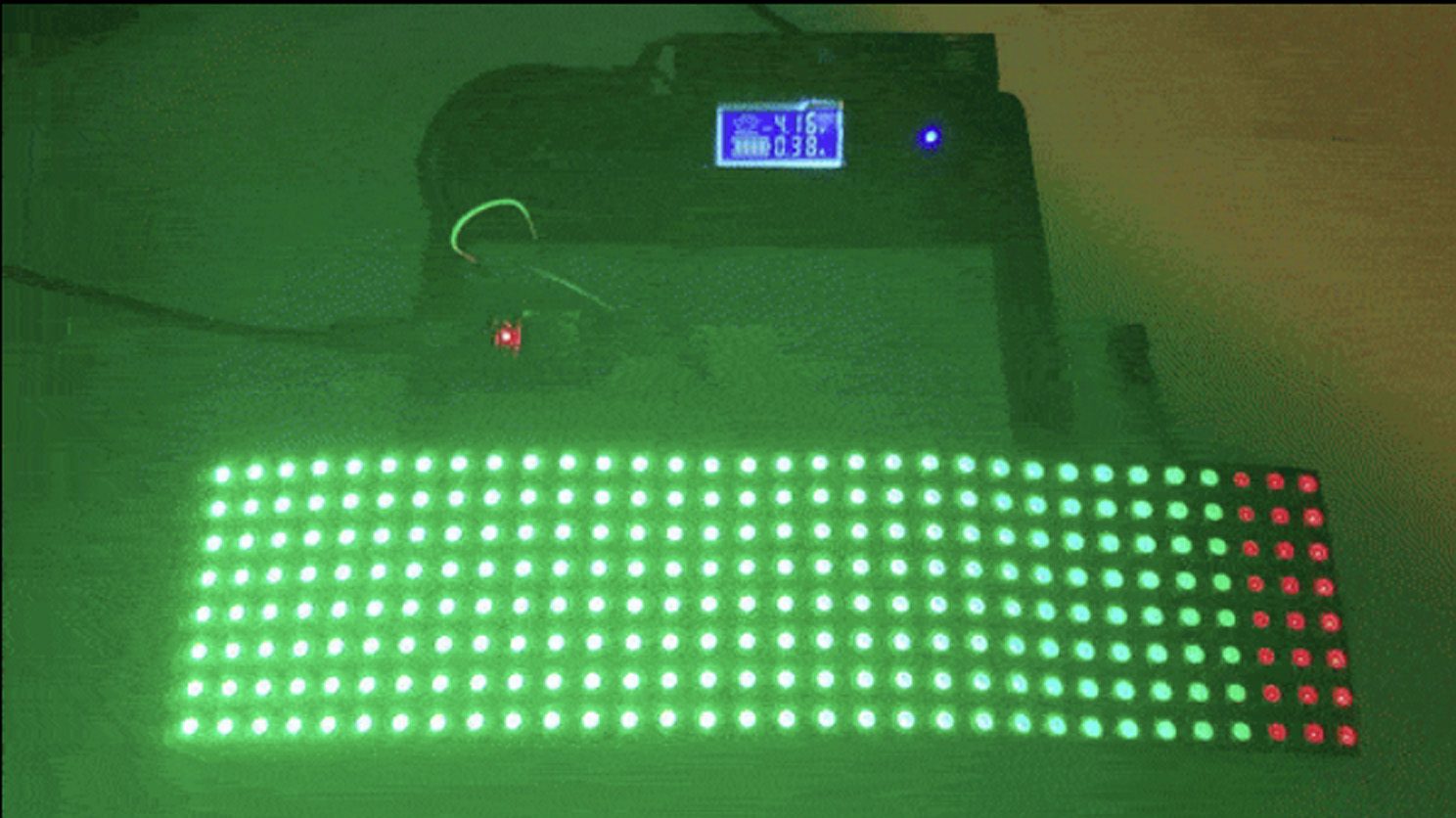Understanding and Resolving System.InvalidCastException in C#
Introduction Have you ever tried fitting a square peg into a round hole? That’s essentially what happens when a System.InvalidCastException occurs in C#. This runtime exception is thrown when you try to convert one type of object into another type that it cannot fit into. Let’s break it down with relatable examples and fixes that you’ll remember for life. What is System.InvalidCastException? This exception arises when a type conversion is invalid or impossible at runtime. It often happens when: Casting between unrelated types. Unboxing a value into an incompatible type. Casting objects that don’t implement the required interface. Real-Life Scenario: The Airport Baggage Claim Imagine you're at an airport baggage claim. Each piece of luggage is tagged with a type: "Suitcase," "Duffel Bag," or "Cardboard Box." You're tasked to pull out only suitcases, but instead, you accidentally grab a cardboard box and try to open it like a suitcase. It doesn’t work because the box isn’t a suitcase—it’s incompatible with how you’re trying to interact with it. In code, this mistake looks like: object baggage = "Cardboard Box"; // The baggage is a cardboard box. Suitcase suitcase = (Suitcase)baggage; // Trying to treat it as a suitcase. This will throw a System.InvalidCastExceptionbecause a string representing "Cardboard Box" cannot be cast into a Suitcase. Breaking it Down with Examples and Fixes 1. Casting Between Unrelated Types Problem: object item = "Laptop"; int quantity = (int)item; // InvalidCastException This is like trying to measure a laptop’s weight (string) using a luggage scale expecting a number (int). Fix: Use Type Checking object item = "Laptop"; if (item is int count) { Console.WriteLine($"Item quantity: {count}"); } else { Console.WriteLine("Cannot cast to int."); } 2. Unboxing Errors Problem: object weight = 25; // Boxed as int double preciseWeight = (double)weight; // InvalidCastException This is like trying to use a digital scale that measures in kilograms but the value was stored as a rough integer. Fix: Use Correct Unboxing object weight = 25; // Boxed as int int preciseWeight = (int)weight; // Correct unboxing Console.WriteLine($"Weight: {preciseWeight}kg"); If you need another type, convert it explicitly: double preciseWeight = Convert.ToDouble((int)weight); 3. Interface Mismatches ICollection baggageList = new List(); Queue baggageQueue = (Queue)baggageList; // InvalidCastException This is like treating a luggage conveyor belt (List) as a storage rack (Queue). They are not the same. In code, this mistake looks like: object baggage = "Cardboard Box"; // The baggage is a cardboard box. Suitcase suitcase = (Suitcase)baggage; // Trying to treat it as a suitcase. This will throw a System.InvalidCastException because a string representing "Cardboard Box" cannot be cast into a Suitcase. *Breaking it Down with Examples and Fixes 1. Casting Between Unrelated Types Problem: object item = "Laptop"; int quantity = (int)item; // InvalidCastException This is like trying to measure a laptop’s weight (string) using a luggage scale expecting a number (int). Fix: Use Type Checking object item = "Laptop"; if (item is int count) { Console.WriteLine($"Item quantity: {count}"); } else { Console.WriteLine("Cannot cast to int."); } 2. Unboxing Errors Problem: object weight = 25; // Boxed as int double preciseWeight = (double)weight; // InvalidCastException This is like trying to use a digital scale that measures in kilograms but the value was stored as a rough integer. Fix: Use Correct Unboxing object weight = 25; // Boxed as int int preciseWeight = (int)weight; // Correct unboxing Console.WriteLine($"Weight: {preciseWeight}kg"); If you need another type, convert it explicitly: double preciseWeight = Convert.ToDouble((int)weight); 3. Interface Mismatches Problem: ICollection baggageList = new List(); Queue baggageQueue = (Queue)baggageList; // InvalidCastException This is like treating a luggage conveyor belt (List) as a storage rack (Queue). They are not the same. Fix: Use Compatible Casting or a Conversion ICollection baggageList = new List(); if (baggageList is Queue baggageQueue) { Console.WriteLine("Successfully cast to Queue"); } else { Console.WriteLine("Failed to cast to Queue"); } Real-Life Scenario in Code: Customer Service and the Phone Queue Imagine a customer service system where customer issues are categorized. Some issues are logged as "Technical," while others are "Billing." Let’s say you mistakenly treat every issue as "Technical" during follow-up calls, but one issue happens to be "Billing." Problem Code: object customerIssue = "Billing"; TechnicalIssue techIssue = (TechnicalIssue)customerIssue; // InvalidCastException Here, the customerIssue is a string lab

Introduction
Have you ever tried fitting a square peg into a round hole? That’s essentially what happens when a System.InvalidCastException occurs in C#. This runtime exception is thrown when you try to convert one type of object into another type that it cannot fit into. Let’s break it down with relatable examples and fixes that you’ll remember for life.
What is System.InvalidCastException?
This exception arises when a type conversion is invalid or impossible at runtime. It often happens when:
Casting between unrelated types.
Unboxing a value into an incompatible type.
Casting objects that don’t implement the required interface.
Real-Life Scenario: The Airport Baggage Claim
Imagine you're at an airport baggage claim. Each piece of luggage is tagged with a type: "Suitcase," "Duffel Bag," or "Cardboard Box." You're tasked to pull out only suitcases, but instead, you accidentally grab a cardboard box and try to open it like a suitcase. It doesn’t work because the box isn’t a suitcase—it’s incompatible with how you’re trying to interact with it.
In code, this mistake looks like:
object baggage = "Cardboard Box"; // The baggage is a cardboard box.
Suitcase suitcase = (Suitcase)baggage; // Trying to treat it as a suitcase.
This will throw a System.InvalidCastExceptionbecause a string representing "Cardboard Box" cannot be cast into a Suitcase.
Breaking it Down with Examples and Fixes
1. Casting Between Unrelated Types
Problem:
object item = "Laptop";
int quantity = (int)item; // InvalidCastException
This is like trying to measure a laptop’s weight (string) using a luggage scale expecting a number (int).
Fix: Use Type Checking
object item = "Laptop";
if (item is int count)
{
Console.WriteLine($"Item quantity: {count}");
}
else
{
Console.WriteLine("Cannot cast to int.");
}
2. Unboxing Errors
Problem:
object weight = 25; // Boxed as int
double preciseWeight = (double)weight; // InvalidCastException
This is like trying to use a digital scale that measures in kilograms but the value was stored as a rough integer.
Fix: Use Correct Unboxing
object weight = 25; // Boxed as int
int preciseWeight = (int)weight; // Correct unboxing
Console.WriteLine($"Weight: {preciseWeight}kg");
If you need another type, convert it explicitly:
double preciseWeight = Convert.ToDouble((int)weight);
3. Interface Mismatches
ICollection<int> baggageList = new List<int>();
Queue<int> baggageQueue = (Queue<int>)baggageList; // InvalidCastException
This is like treating a luggage conveyor belt (List) as a storage rack (Queue). They are not the same.
In code, this mistake looks like:
object baggage = "Cardboard Box"; // The baggage is a cardboard box.
Suitcase suitcase = (Suitcase)baggage; // Trying to treat it as a suitcase.
This will throw a System.InvalidCastException because a string representing "Cardboard Box" cannot be cast into a Suitcase.
*Breaking it Down with Examples and Fixes
1. Casting Between Unrelated Types
Problem:
object item = "Laptop";
int quantity = (int)item; // InvalidCastException
This is like trying to measure a laptop’s weight (string) using a luggage scale expecting a number (int).
Fix: Use Type Checking
object item = "Laptop";
if (item is int count)
{
Console.WriteLine($"Item quantity: {count}");
}
else
{
Console.WriteLine("Cannot cast to int.");
}
2. Unboxing Errors
Problem:
object weight = 25; // Boxed as int
double preciseWeight = (double)weight; // InvalidCastException
This is like trying to use a digital scale that measures in kilograms but the value was stored as a rough integer.
Fix: Use Correct Unboxing
object weight = 25; // Boxed as int
int preciseWeight = (int)weight; // Correct unboxing
Console.WriteLine($"Weight: {preciseWeight}kg");
If you need another type, convert it explicitly:
double preciseWeight = Convert.ToDouble((int)weight);
3. Interface Mismatches
Problem:
ICollection<int> baggageList = new List<int>();
Queue<int> baggageQueue = (Queue<int>)baggageList; // InvalidCastException
This is like treating a luggage conveyor belt (List) as a storage rack (Queue). They are not the same.
Fix: Use Compatible Casting or a Conversion
ICollection<int> baggageList = new List<int>();
if (baggageList is Queue<int> baggageQueue)
{
Console.WriteLine("Successfully cast to Queue" );
}
else
{
Console.WriteLine("Failed to cast to Queue" );
}
Real-Life Scenario in Code: Customer Service and the Phone Queue
Imagine a customer service system where customer issues are categorized. Some issues are logged as "Technical," while others are "Billing." Let’s say you mistakenly treat every issue as "Technical" during follow-up calls, but one issue happens to be "Billing."
Problem Code:
object customerIssue = "Billing";
TechnicalIssue techIssue = (TechnicalIssue)customerIssue; // InvalidCastException
Here, the customerIssue is a string labeled "Billing," but you’re trying to treat it as a TechnicalIssue.
Fix with Defensive Coding
object customerIssue = "Billing";
if (customerIssue is TechnicalIssue techIssue)
{
Console.WriteLine("Following up on a technical issue.");
}
else
{
Console.WriteLine("This is not a technical issue.");
}
Or use a safe cast with as:
TechnicalIssue? techIssue = customerIssue as TechnicalIssue;
if (techIssue != null)
{
Console.WriteLine("Following up on a technical issue.");
}
else
{
Console.WriteLine("Issue is not technical.");
}
How to Debug System.InvalidCastException
1: Examine the Type: Use GetType() to check the actual type of the object at runtime.
2:Log and Analyze: Log the type or use a debugger to inspect the object before casting.
3: Implement Try-Catch: Wrap code in a try-catch block to capture exceptions and log details.
Best Practices to Avoid System.InvalidCastException
Type Safety: Always validate the type before casting.
Polymorphism: Favor polymorphic behavior to reduce the need for casting.
Use as and is: Safely cast with null-checks or type-checking.
-Avoid Assumptions: Don’t assume an object’s type; explicitly verify it.
- Leverage Conversion APIs: Use Convert.ToInt32 or similar methods for safe type conversions.
Conclusion
The System.InvalidCastException is like attempting to interact with an object in a way it wasn't meant to be used—like opening a cardboard box like a suitcase. By understanding this exception, using safe casting practices, and adopting type-safe coding habits, you can avoid runtime errors and write more resilient C# applications.
Whenever you encounter this exception, remember the baggage claim analogy—it’s a surefire way to never forget why the error happens and how to fix it. Happy coding!
LinkedIn Account : LinkedIn
Twitter Account: Twitter
Credit: Graphics sourced from LoginRadius
















